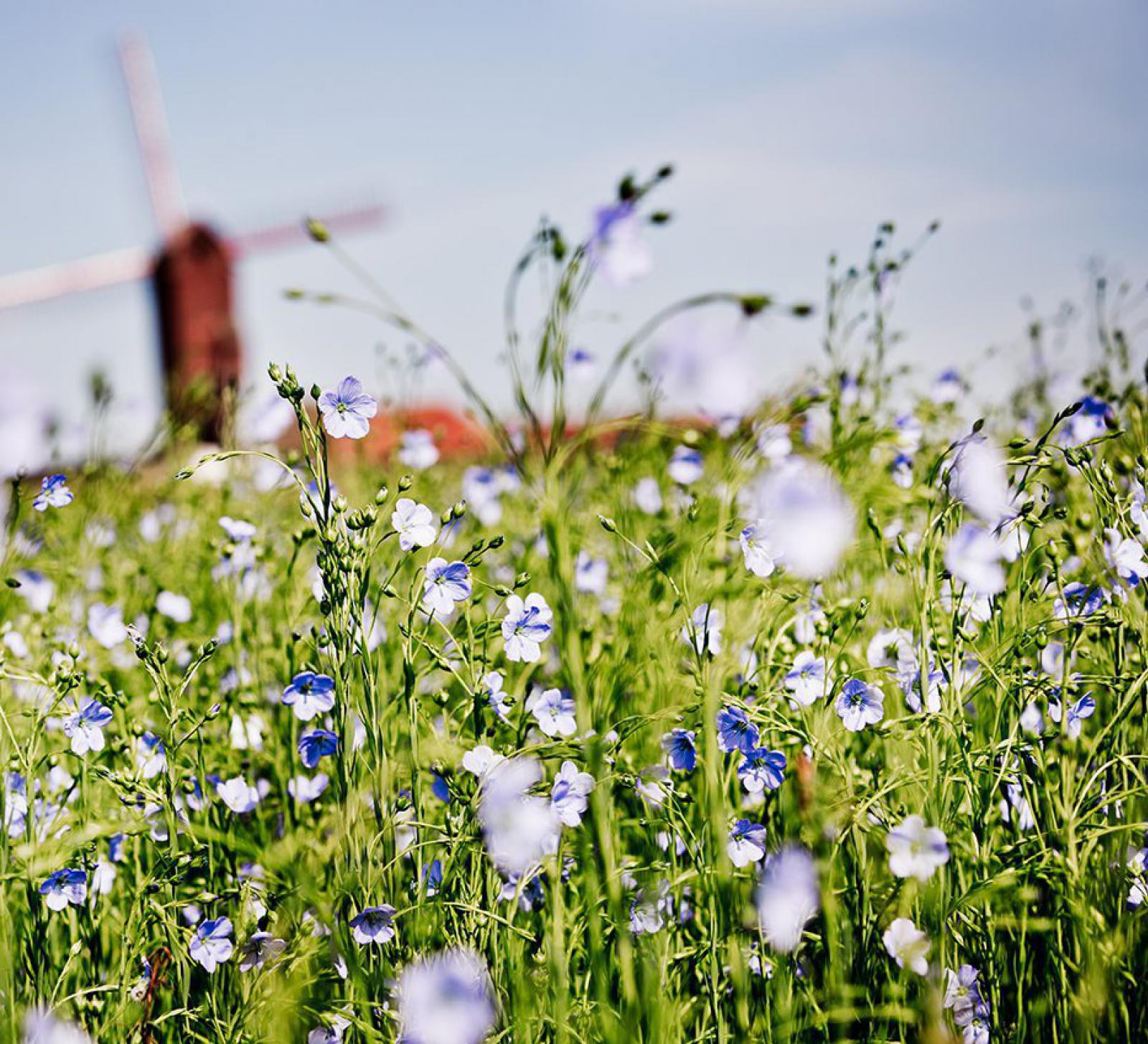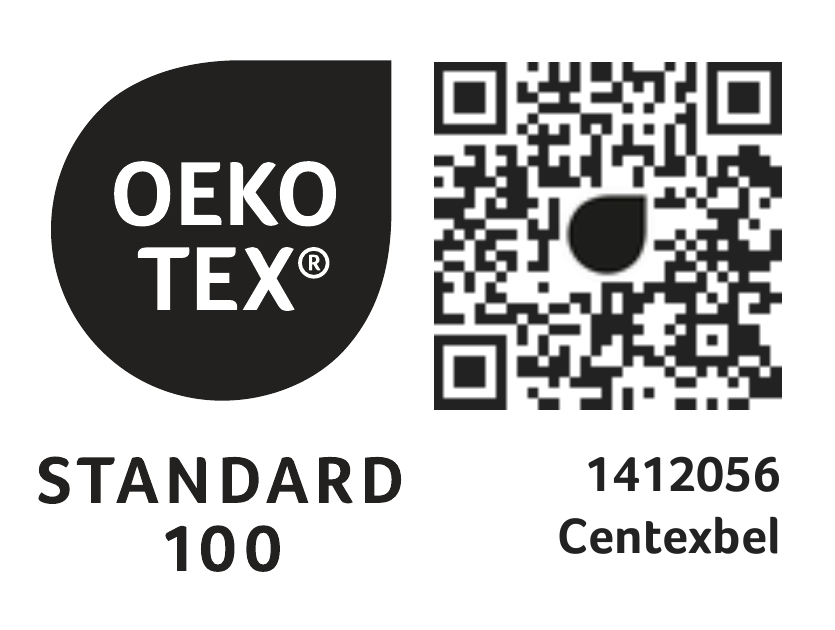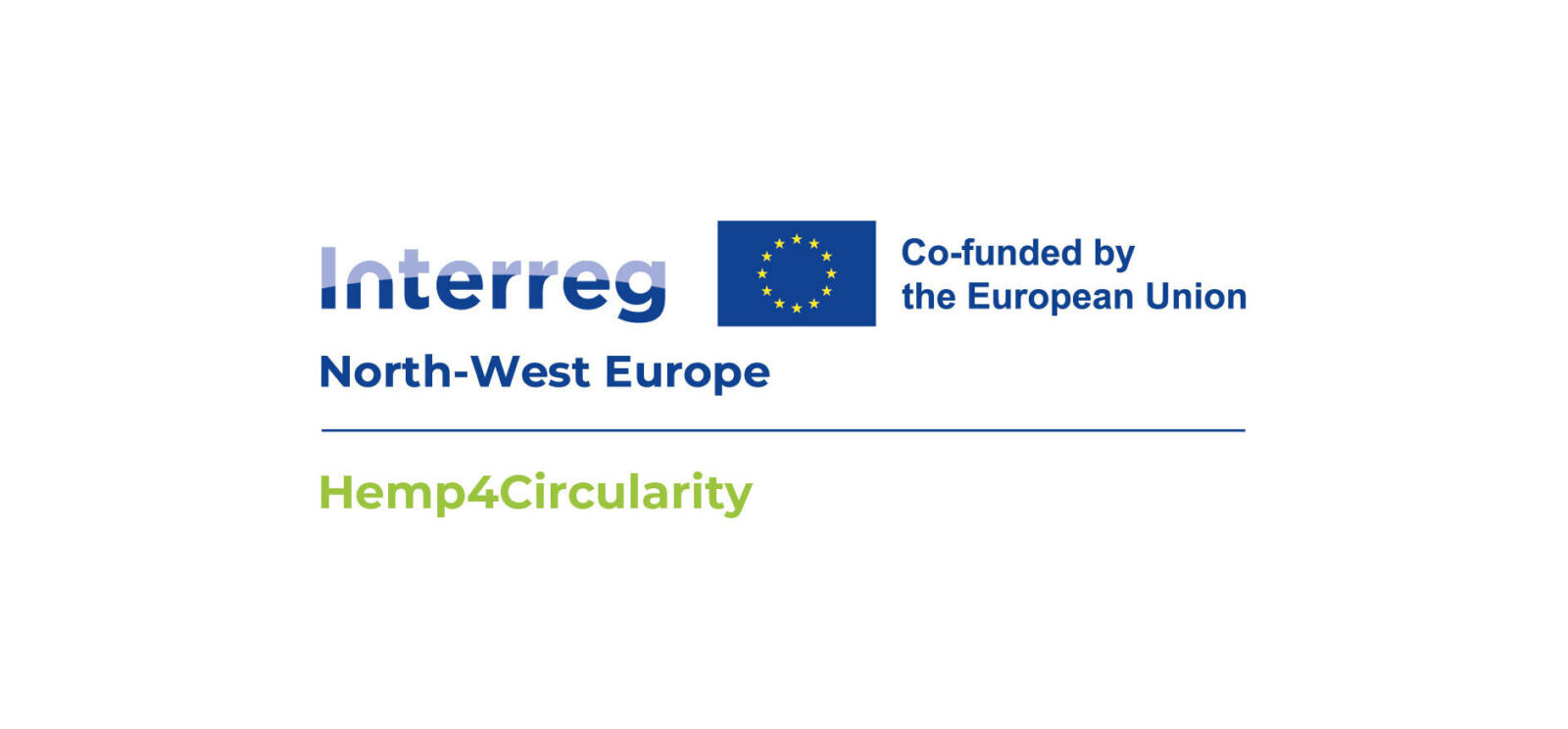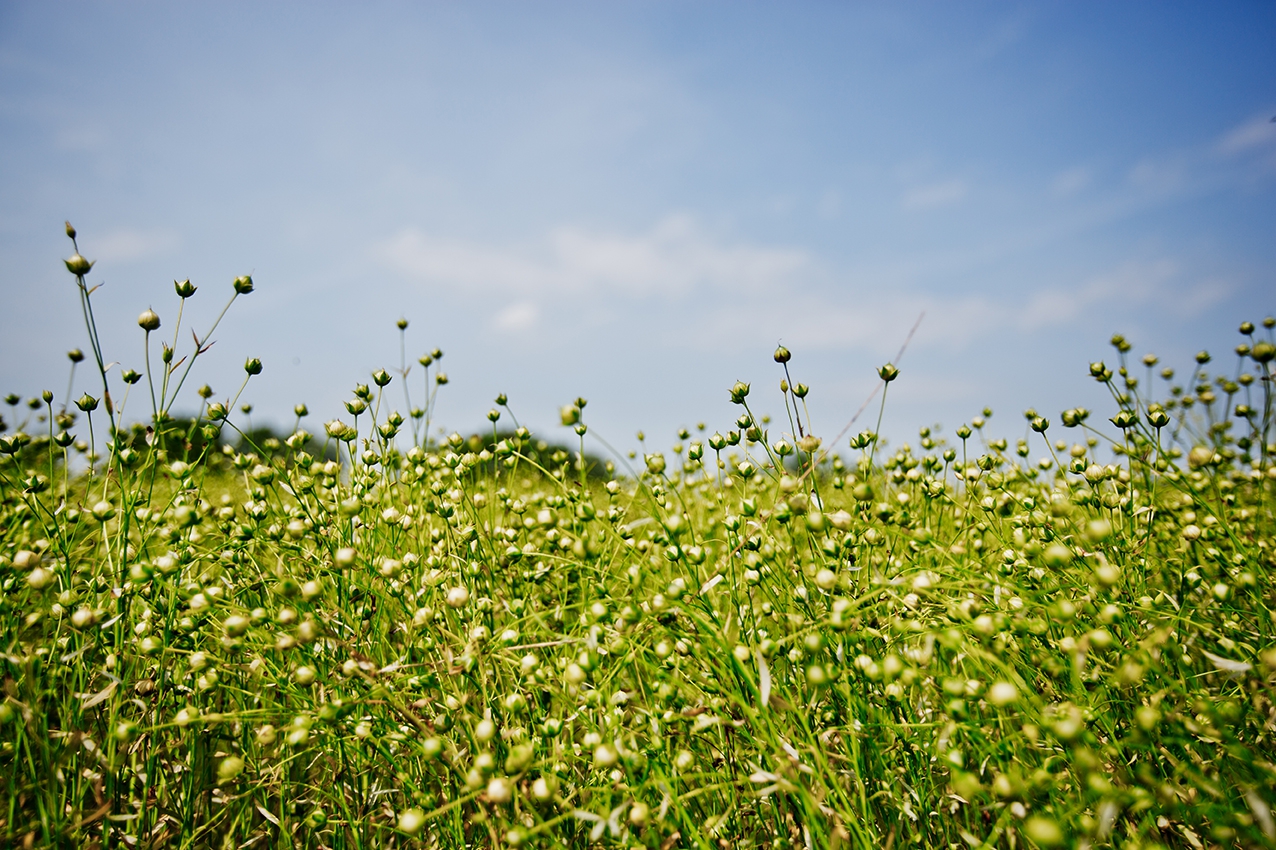All parts of the flax plant are used. Linseed is used for the next flax season, and because of its high content of omega-3 fatty acids, it is also used in human and animals’ nutrition. Linseed oil is very nutritious and is also found in soap, paint and cosmetics.
The shives are processed into animal bedding or chipboards. The long fibers, and the highest-quality short fibers, are used for textiles. The other short fibers find their use in the insulation or paper industry.
At Libeco, we aim for a ‘no waste policy’. Our waste products – waste selvedge and shearing dust – are both recycled into insulation materials or paper.




